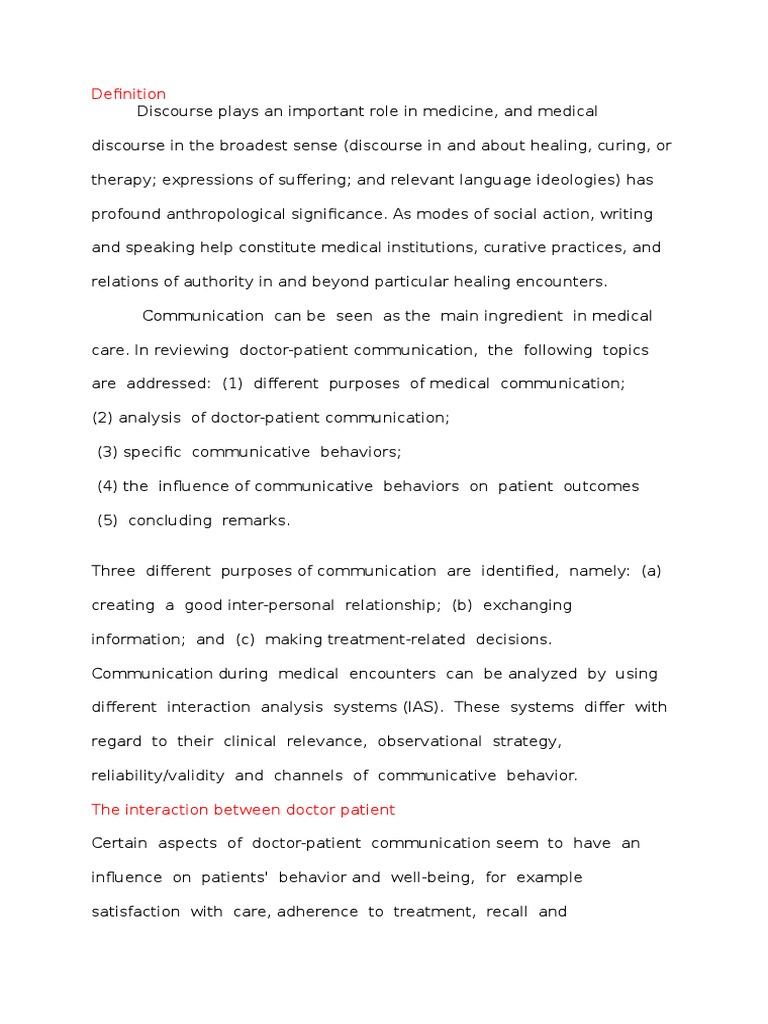The intersection of health and spirituality often provokes a thought-provoking conundrum: Can the principles of the Bahá’í Faith inform and enhance collaborative approaches to health care in disparate communities? This question not only ignites a meaningful discourse but also unveils the profound implications of Bahá’í teachings in fostering holistic well-being. The distinctive experiences of a clinic in the Democratic Republic of the Congo (DRC) provide a practical backdrop for examining these teachings. Here, the tenets of unity, service, and the importance of education find expression, demonstrating the transformative potential of spiritually rooted health initiatives.
In the DRC, where accessing quality healthcare poses considerable challenges, a Bahá’í-affiliated clinic emerges as a beacon of hope. This clinic not only addresses immediate health concerns but also engages the local community in discussions transcending mere medical treatment. It embodies the Bahá’í principle of unity, emphasizing that the health of individuals cannot be detached from the collective welfare of society. Such a holistic view reframes health care from a transactional model to a communal endeavor, reinforcing the notion that well-being is both a personal and collective responsibility.
The essence of Bahá’í teachings is illuminated through the clinic’s practices. For example, the clinic encourages patient participation in health education workshops, fostering an environment of empowerment. By embracing the notion that individuals possess the capacity to understand and promote their own health, the clinic stimulates a participatory dialogue that enhances health literacy. This approach resonates with the Bahá’í emphasis on education as a foundation for growth and progress. It challenges the stereotypical provider-patient dynamic, where the former is seen merely as a source of knowledge and the latter as a passive recipient.
Moreover, the Bahá’í commitment to the elimination of prejudice informs the clinic’s operations. In a nation often fragmented by ethnic divisions, the clinic practices inclusivity, welcoming patients from various backgrounds without bias. This commitment engenders a culture of acceptance and mutual respect, vital for fostering meaningful relationships within the community. Through this lens, health care evolves into a microcosm of larger societal relations, wherein individuals learn to cooperate and collaborate across differences, thus actualizing the Bahá’í vision of unity in diversity.
At the heart of this clinic’s operations lies a profound challenge: how can we nurture a dialogue around health that extends beyond mere clinical encounters? It is a playful yet pressing inquiry that invites stakeholders—from health practitioners to community members—to re-evaluate their roles within the health ecosystem. This query embodies the spirit of Bahá’í inquiry, which advocates for an ongoing search for truth, unearthing layers of understanding that can further enrich community health initiatives.
Another salient aspect of the clinic’s work is its focus on preventive health care, intertwined with traditional practices and local customs. The integration of holistic methods is an embodiment of the Bahá’í perspective that advocates for a harmonious relationship between science and religion. This clinic, therefore, becomes a crucible for innovation, blending modern medical practices with indigenous healing traditions. Such an approach not only respects local customs but also deepens trust within the community, ultimately enhancing the effectiveness of health interventions.
Furthermore, the clinic’s dedication to mental health as an integral component of overall health reflects another key tenet of Bahá’í teachings. Recognizing the complexities of mental well-being, the clinic provides resources and support systems for addressing psychological issues, acknowledging that emotional health is as paramount as physical health. This holistic framework, emphasizing the interdependence of various aspects of health, is vital for comprehensive care. It beckons a conversation about mental health that is often stigmatized in many communities, advocating for a paradigm shift in perceptions toward mental wellness.
In contemplating the broader implications of the DRC clinic’s operations, one must reflect on the pivotal role of service in Bahá’í teachings. The clinic functions not merely as a medical facility but as a thriving community center, where relationships are cultivated, and local ownership of health initiatives is encouraged. This model elevates the concept of service to a societal mechanism, fostering an environment where collective action becomes a catalyst for change. The challenge, then, lies in sustaining this momentum, ensuring that community engagement transforms from episodic efforts into enduring practices that systematically address health disparities.
As the clinic continues its mission, it serves as an exemplar of how Bahá’í principles can guide health care endeavors. It prompts a deeper inquiry into the role of spirituality in addressing contemporary health challenges. How can other health institutions emulate this model, fostering not only physical well-being but also spiritual and social health within their communities? The ramifications of such an inquiry are vast, opening pathways for further exploration and dialogue that remain vital in addressing health crises globally.
In conclusion, the clinic in the DRC serves as a microcosm of how the Bahá’í Faith can inspire meaningful discourse on health. Through its commitment to community, inclusion, and holistic care, it embodies the teachings of unity, service, and education. The enduring challenge remains to perpetuate this dialogue, ensuring that it catalyzes not just individual patient interactions but a larger movement toward innovative, community-centered health solutions that resonate across cultures and contexts.
